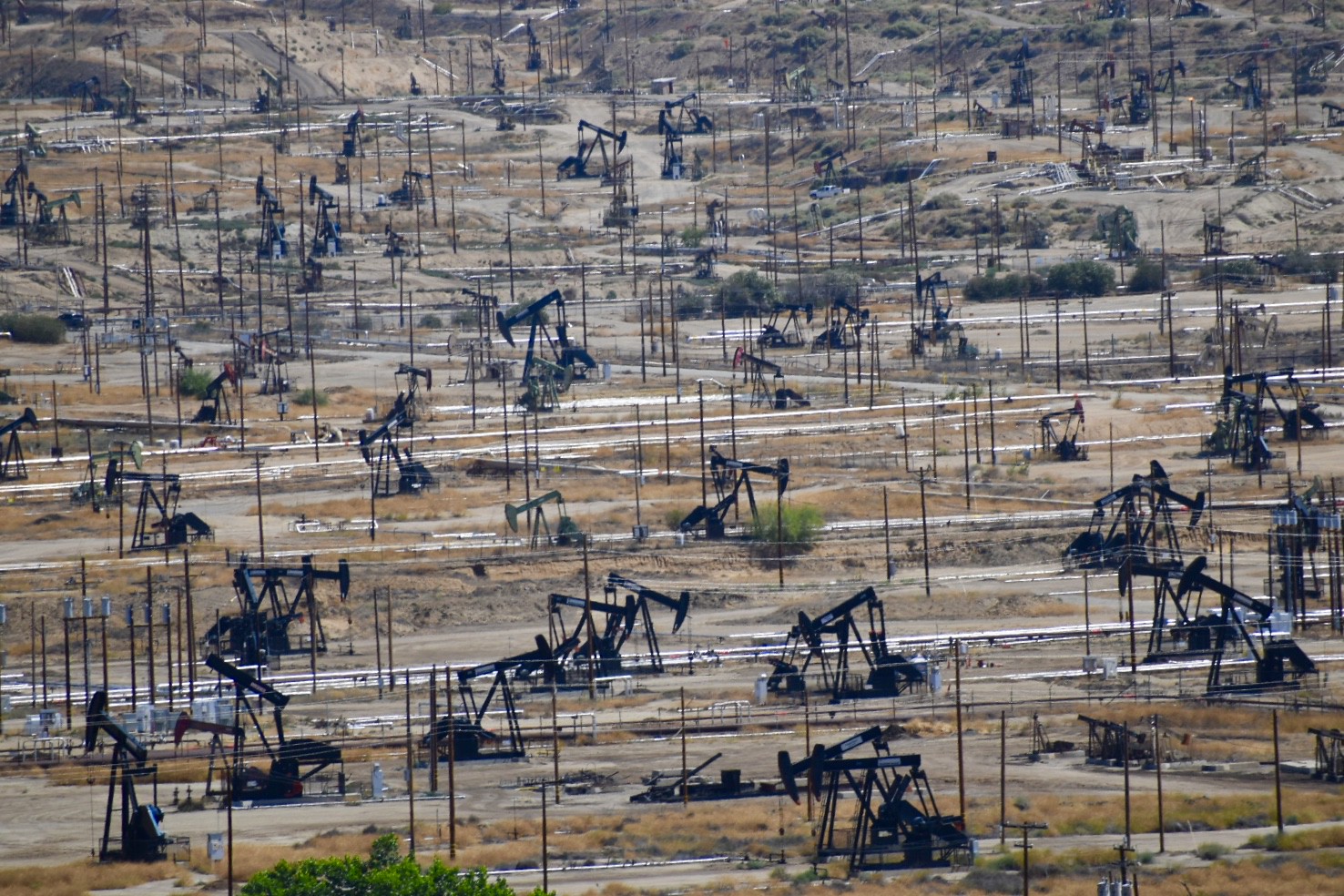Fossil fuel companies are pressing ahead with new oil and gas developments, despite a recent warning from the International Energy Agency (IEA) that this will make the Paris Agreement goals impossible to meet, an analysis has found.
According to the author of the analysis, the companies and industry bodies, most of which have made public statements in support of the world reaching “net zero” emissions by 2050, are “cherry-picking” IEA reports to suit their arguments.
The findings come two months after the agency, originally established by major economies to secure global oil supplies following the 1973 crisis, outlined a scenario for achieving the Paris Agreement’s 1.5oC target.
The report stated that no new exploration or development of coal, oil and gas reserves could be allowed if the goal is to be reached.
‘Selective’ Use of IEA Research
The IEA’s research and recommendations are often cited by fossil fuel companies to justify the need for further expansion of the industry.
But its latest report has so far been ignored, the analysis by InfluenceMap suggests.
Alex Cranston, an analyst at the London-based think tank, told DeSmog: “Most of these companies are trying to have their cake and eat it. On the one hand they’re saying they’re supportive of net zero by 2050, but at the same time looking the other way from this net zero pathway.”
“Both the companies and their industry associations have been very happy to highlight the work of the IEA when it supports their arguments for continuing to produce oil and gas, but now that the IEA’s net zero pathway doesn’t align with their plans, they appear to be doing their best to ignore it.”
“It slightly feels like cherry-picking,” he added.
Edward Collins, Director of Corporate Lobbying and Influence Research at InfluenceMap, said fossil fuel companies that fail to act on the IEA recommendations may face growing pressure from climate-conscious investors, such as signatories of the influential Climate Action 100+ initiative.
‘One Scenario Among Many’
Responding to the analysis, a spokesperson for Norwegian oil giant Equinor, said the company was moving in the right direction: “We have already shifted our exploration efforts more towards areas within existing fields and infrastructure and do significantly less exploration in frontier areas”.
She said the IEA report showed “how fundamental the transition must be to achieve net zero emissions by 2050” and that Equinor was planning to increase its investments in renewables and other “low-carbon solutions” to 50 percent of its overall spend by 2030.
The company was “leading in carbon efficient production of oil an gas,” she added.
A spokesperson for ExxonMobil, which has recently come under fire after one of its lobbyists was secretly recorded boasting about the company’s success in blocking climate action, pointed DeSmog towards alternative IEA scenarios based on existing policies and pledges.
According to the latest report, however, both of the pathways would see global temperatures rise in excess of 2oC by the end of the century, breaching the Paris Agreement targets.
The spokesperson also said the IEA’s 1.5oC report emphasised “the need for approximately $8 trillion of oil and gas investment through 2040.” The IEA says this would be in existing fields and those already approved for development, not new fields, however.
He said Exxon supported the Paris Agreement and was “dedicated to helping society meet the dual challenge of providing energy for the world’s growing population, while simultaneously addressing the risk of climate change.”
A spokesperson for Woodside, Australia’s largest fossil gas producer, described the report as a “valuable contribution” but said it was only “one potential pathway” to achieving the 1.5oC goal.
Woodside has pledged to reach net zero emissions by 2050 but is still developing new gas fields. The spokesperson said it would reach its goal by “avoiding emissions by the way we design our projects, reducing emissions by the way we efficiently operate our projects, and originating and acquiring quality offsets for the remainder of our target.”
Shell told DeSmog the company’s overall emissions had peaked in 2018 and it was planning “a gradual decline of about 1-2 percent a year in total oil production through to 2030, including divestments.”
Mike Tholen, Sustainability Director at Oil and Gas UK, said the industry was “committed to achieve a net-zero future” but said the IEA report presented “one scenario of many which outline a potential pathway towards net zero.”
“In the UK, oil and gas will still be needed going forward, as the Climate Change Committee has pointed out, so it is right that we look to meet as much of this as possible through production of our domestic resources so we can stay in control of emissions,” he said.
Italian oil giant Eni would not comment on the report but said it aimed to be carbon neutral by 2050, beginning to reduce oil and gas production from 2025.
A spokesperson said the company had been ranked in first place among “energy companies’ decarbonization strategies” by the think tank, Carbon Tracker, and said “traditional energy sources” would be “completely decarbonized through efficiency, carbon capture and sequestration projects and forests conservation REDD+ projects.”
DeSmog did not receive responses from other companies and trade associations it contacted.
Subscribe to our newsletter
Stay up to date with DeSmog news and alerts







